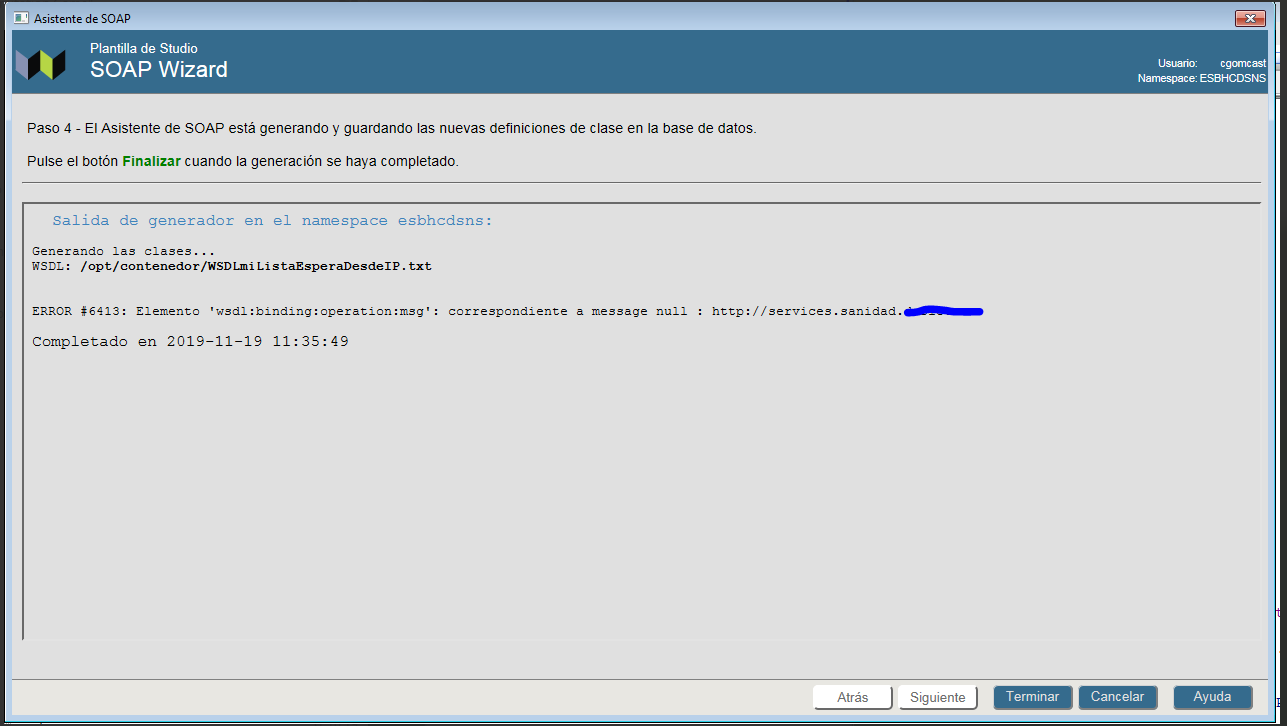We are developing some containarized cloud application level iris instances and using CPF Merge to do a lot of the initial buildout for the iris instance (i.e. create databases, namespaces, map globals/routines, ecp setup, etc...)
I am trying to figure out how to get package mappings into a namespace config, via cpf merge if possible... ?
This is the document I am working from to develop the cpf merge file -
[Actions] - Configuration Parameter File Reference - InterSystems IRIS Data Platform 2020.4




